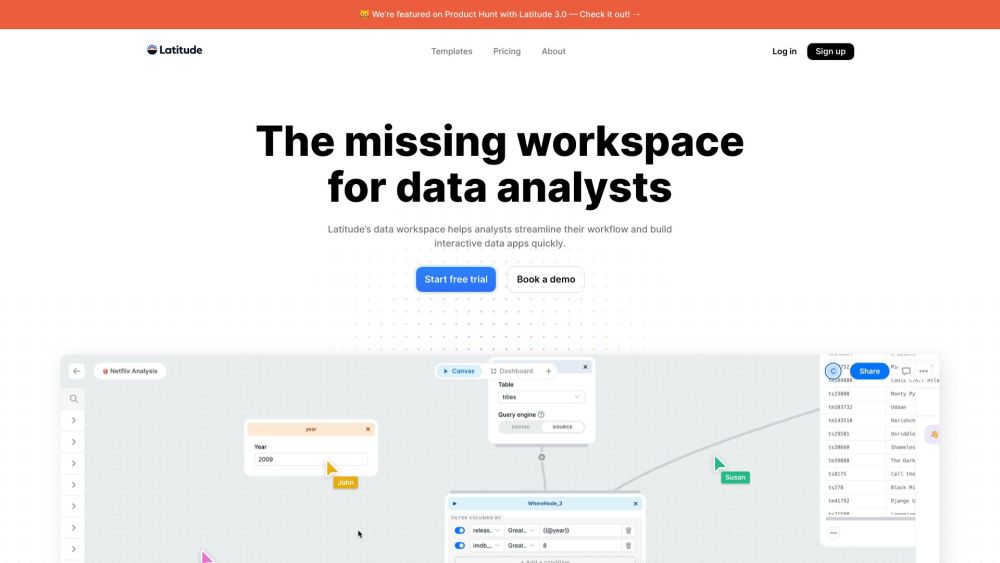On August 23, recent reports from Bloomberg Industry Research indicate that Baidu is experiencing a decline in revenue as it struggles to transition from traditional search advertising to artificial intelligence (AI). For the three months ending in June, Baidu reported a 0.4% decrease in revenue, totaling 33.9 billion yuan, falling short of expectations of 34.1 billion yuan. However, the company did achieve a net profit of 5.5 billion yuan, surpassing the forecast of 5.06 billion yuan.
Baidu’s lackluster performance highlights the challenges it faces in converting its leading position in AI generation into substantial revenue. The company’s Ernie large language model is generating sales through advertising and cloud services, amidst fierce competition in the AI price war with rivals like Alibaba and Tencent. Analyst Hou Tian from TH Data Capital noted prior to the earnings report that Baidu seems to be at a crossroads, with its AI initiatives not yet delivering the anticipated growth.
The profitability of China’s tech companies has been mixed; although Tencent, Alibaba, and JD.com have outperformed earnings expectations, their results indicate ongoing weakness in sectors like payments and e-commerce. Baidu’s billionaire founder, Robin Li, holds high hopes for creating China’s equivalent of ChatGPT, but he faces tough competition from other major tech firms and emerging startups. IDG estimates that Baidu captured around one-fifth of China’s $2.5 billion generative AI market last year, but that lead is quickly eroding. For example, ByteDance, the owner of TikTok, launched its Doubao chatbot this year, which has quickly gained popularity over Ernie.
Bloomberg’s analysis suggests that Baidu's prospects remain challenging, with its AI business projected to continue incurring losses over the next three years, and the gap with Tencent and Alibaba narrowing. It is expected that Baidu's search engine business, its main revenue driver, will face ongoing pressure from rising competition in the short video sector, compounded by increasing uncertainty in China’s business environment. Intensifying AI price wars may lead Baidu to lose further market share this year, hindering its ability to monetize its technological expertise and reverse its unprofitable AI operations. Analysts forecast a 5-10% decline in Baidu’s adjusted net income this year.
In the earnings call, Robin Li shared that Baidu's cloud computing revenue—currently its largest growth engine—increased by 14%, reaching 5.1 billion yuan. He also mentioned that nearly 9% of cloud sales now stem from AI products. Meanwhile, content generated by Ernie now constitutes 18% of Baidu’s search results, up from 11% in mid-May. Li indicated that this shift may necessitate a reduction in advertising space within search results, a trade-off Baidu is willing to make to enhance user engagement with its generative AI services.
Overall, after years of investment totaling billions, Baidu's ambitious plans in the AI sector are gradually beginning to bear fruit. The company has stated that its autonomous ride-hailing division, Apollo Go, is on track to achieve unit economic profitability by 2025, with its fleet of self-driving taxis continuously expanding in Wuhan.





